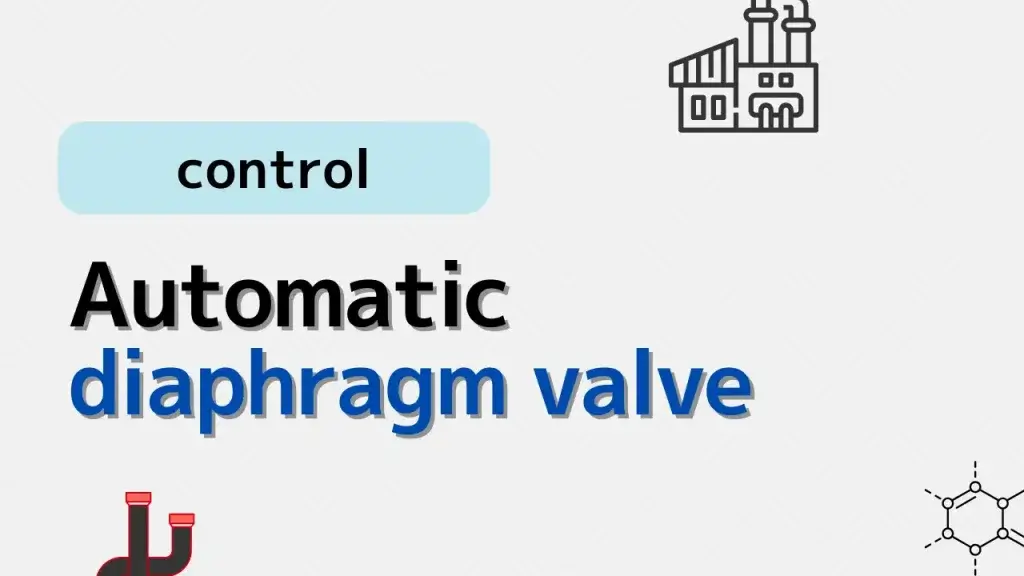In process plants, automatic diaphragm valves are often used to control the flow of liquids or gases. These valves are especially useful for controlling small flows or handling corrosive fluids.
This article explains how automatic diaphragm valves work, why they’re used, and what makes them suitable for certain applications.
Introducing articles from plantengineering.com.
Diaphragm valves are suitable for flow control.
They can be used as automatic valves as well as manual valves.
Here are some of their features.
This post is in a series about Valve
Do Ball Valves Trap Liquid? Important Design Tips for Piping Beginners
How to Choose Knife Gate Valves Based on Performance: A Practical Guide for Engineers
Why You Shouldn’t Overtrust Plastic Valves in Industrial Systems
Miniature Valves on Copper Tubes: A Simple Guide for Beginners
Why Diaphragm Valves Are Easy to Use and Ideal for Chemical Plants
High corrosion resistance
Diaphragm valves can be made of fluororesin, which makes them highly corrosion resistant.
There are several options for the body, such as fluororesin lining or ceramic.
They are useful in chemical plants that handle highly corrosive liquids.
Easy flow control
Diaphragm valves are easy to control the flow rate.
They are easy to adjust, just like globe valves.
They are useful when flowing liquids used in reactions.
expensive
Diaphragm valves are generally expensive.
Even as manual valves they are more expensive than other valves, but as automatic valves they are even more expensive.
Naturally, the delivery time will be longer.
LINK
Conclusion
Automatic diaphragm valves offer a simple and reliable way to control flow in process systems, especially where corrosion resistance or precise control is needed. They’re ideal for small flows, clean systems, and automated setups.
If you’re looking for a compact, chemical-resistant valve with easy automation, diaphragm valves are a strong choice.
